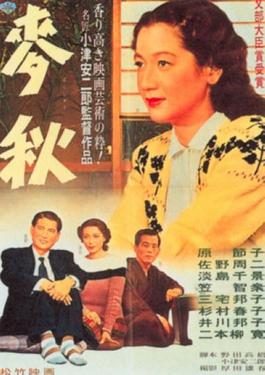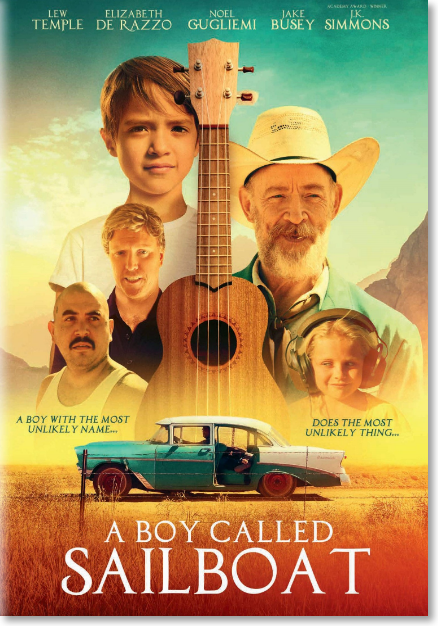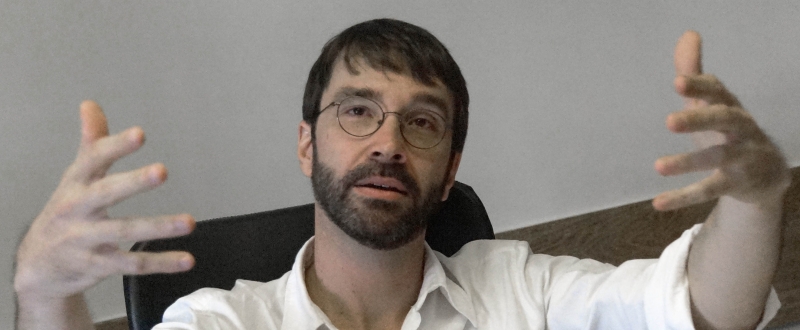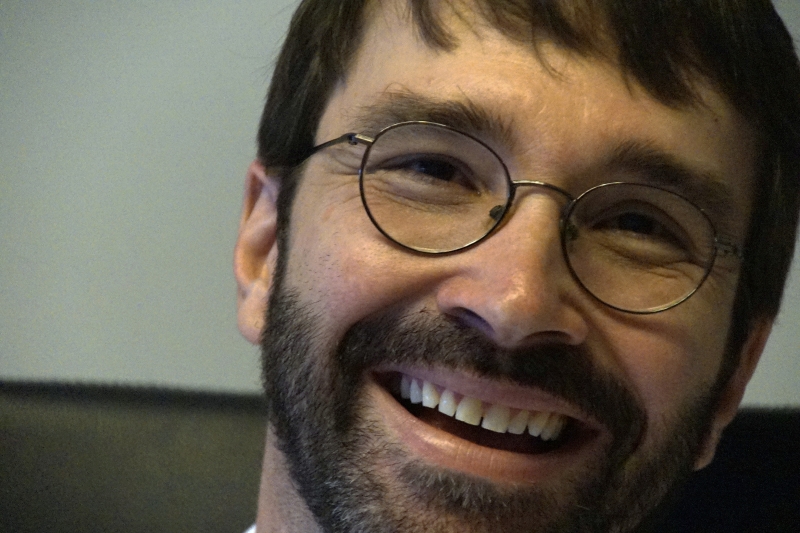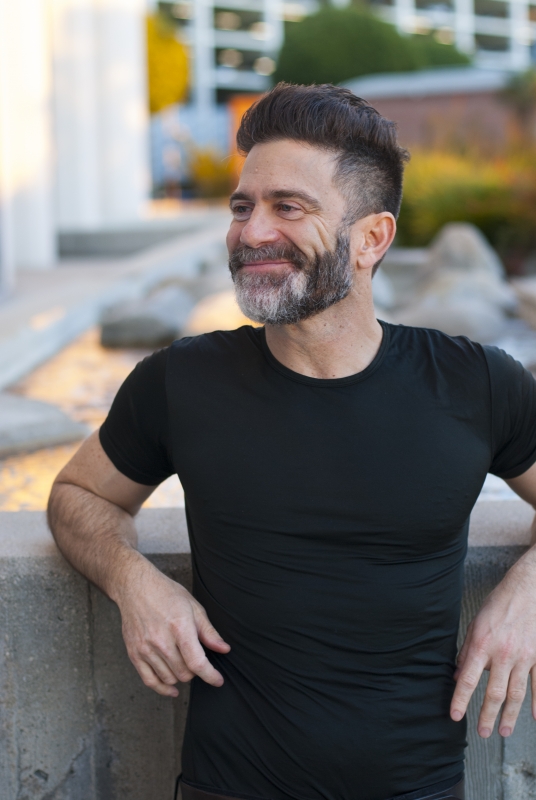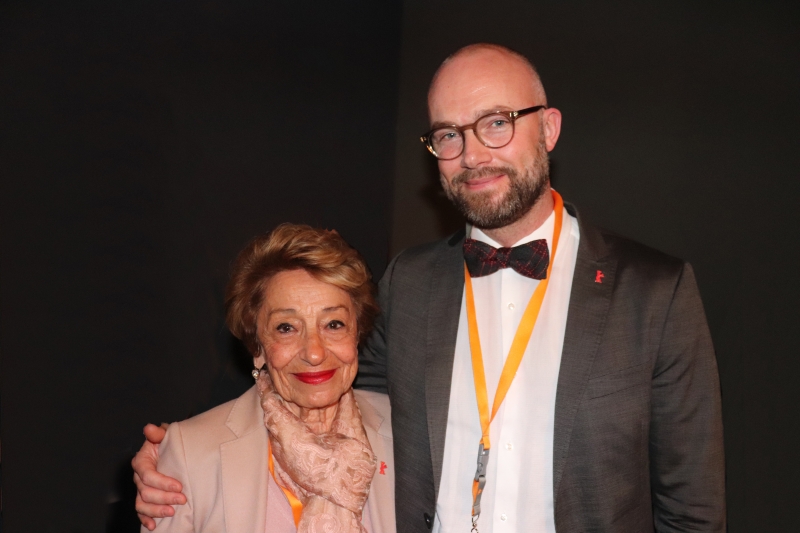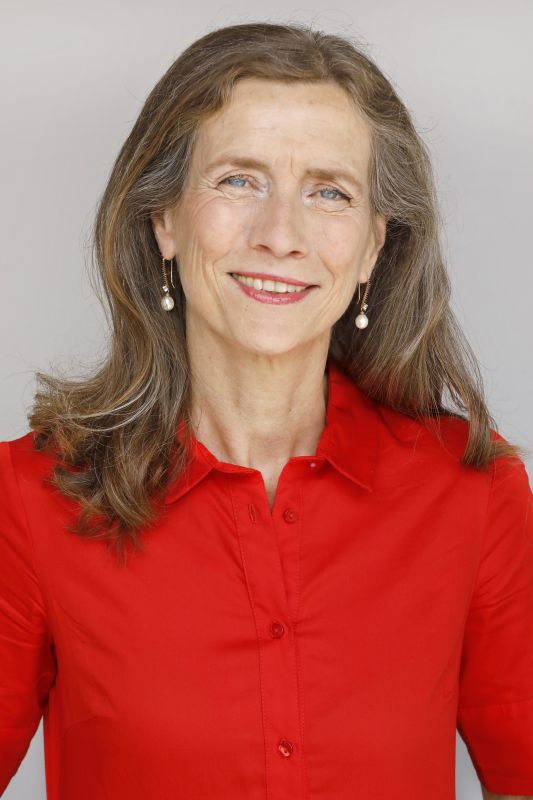|
|
||
|
Pro Tools
FILMFESTIVALS | 24/7 world wide coverageWelcome ! Enjoy the best of both worlds: Film & Festival News, exploring the best of the film festivals community. Launched in 1995, relentlessly connecting films to festivals, documenting and promoting festivals worldwide. Working on an upgrade soon. For collaboration, editorial contributions, or publicity, please send us an email here. User login |
Berlin Classics BAKUSHU by Ozu - Alex Deleon reviewAlex for <filmfestivals.com>
Early Summer (麦秋 Bakushū) is a 1951 film by Yasujiro Ozu. One of the most interesting minibars at the 2016 Berlinale was a slate of six digitally restored classics from East and West, two from the Far East, two from Germany, and two from the heart of Hollywood. The titles: Bakushu (Early Summer), Ozu, Japan, 1951 Fat City, John Huston, USA, 1972 Der Müde Tod (Destiny, or, Tired Death), Fritz Lang, Deutschland, 1921 (Silent with live orchestra) The Road Back, James Whale, USA, 1937 Die Russen Kommen (The Russians Are Coming), Heiner Carow, GDR (East Germany), 1968. Nin luo he nun er (Daughter of the Nile), Taiwan, Hou Hsiao-hsien, 1987. To start with, It was not only a great pleasure to see a pristine print of a b/w landmark Ozu, but also a great intermediary relief from the tense pessimistic frenetic apocalyptic films one has to endure every day at Berlin ~ to sit back and relax with a gentle study of a middle class Japanese family in the style of a master so assured he doesn't have to move the camera, but just lets you live quietly with his absolutely true-to-life lovable characters within the frame. For those uninitiated into the Ozu cult -- and it is a cult of extra-refined taste still largely unknown to the bulk of foreign film buffs for whom Japanese film begins and ends with Kurosawa and Beat Takeshi -- Yasujiro Ozu (1903 -1963) developed a unique style in which the camera, characteristically placed at half-mast tatami level, never moves as we are left to contemplate the repressed interior lives of his characters through seemingly trivial dialogue -- the nuances of everyday Japanese speech which always mean much more than is actually said in carefully guarded words and established clichés. This is, of course, the essence of Japanese culture and any Ozu film tells more about Japanese culture than fifty samurai epics.
"Bakushu" a mid-to-later career landmark, was one of a series of Ozu films with seasonal titles -- Early Spring, Late Spring, Early Autumn, etc. which, like most of Ozu's post-war films, deal with issues ranging from communication problems between generations to the rising role of women in post-war Japan. In this one, Hara Setsuko, Ozu's fetish lead actress, is Noriko (her usual name in Ozu pictures) who, while extremely attractive is very choosy and is getting a little old for marriage at age 28. A match is set up with a well-heeled older man -- a good prospect -- but Noriko, who has a mind of her own, will end up running off to the northern sticks (Akita Province) with a childhood friend, a widower with a child and an ex-buddy of her brother who was killed in action. The family strongly opposes this unseemly matchup but finally accepts Noriko's firm decision, an early act of Woman's Lib Japanese style. Hara was an actrice with a stature at the time equivalent to Katherine Hepburn in Hollywood, and her older brother in this film, Chishu Ryu, would become her father-in-law in Ozu's most famous masterpiece, Tokyo Story, two years later. Ryu might be seen as a low key Spencer Tracy, but a more subtle and tasteful actor. He appeared in 160 films in a remarkable six decade career. I can proudly say that I was once invited by him to a private tea ceremony at his home in Ôfuna near Shochiko studios.
Bakushu is essential Ozu and quintessential Hara Setsuko. Setsuko, who embodied the woman every Japanese wishes he could marry, never married herself and abruptly retired from the screen in 1963, the same year that Ozu died. She then went into seclusion à la Greta Garbo, in Kamakura where most of her films with Ozu had been shot, forever shunning public appearances and refusing to grant interviews until the end. The end came this past September when Hara was ninety-five. She is famously quoted as saying that she never really liked acting but only did it to support her large family. Maybe that's why she was so utterly real on screen. She wasn't acting -- she was just t h e r e.
More Berlin Classics commentary to follow. Alex, Hotel Alpert, Berlin
28.02.2016 | Berlin's blog Cat. : FILM
|
LinksThe Bulletin Board > The Bulletin Board Blog Following News Interview with EFM (Berlin) Director
Interview with IFTA Chairman (AFM)
Interview with Cannes Marche du Film Director
Filmfestivals.com dailies live coverage from > Live from India
Useful links for the indies: > Big files transfer
+ SUBSCRIBE to the weekly Newsletter Deals+ Special offers and discounts from filmfestivals.com Selected fun offers
> Bonus Casino
User imagesAbout Berlin Chatelin Bruno Chatelin Bruno
Berlin 2019: The dailies from the Berlin Film Festival brought to you by our team of festival ambassadors. Vanessa McMahon, Alex Deleon, Laurie Gordon, Lindsay Bellinger and Bruno Chatelin...
|

















